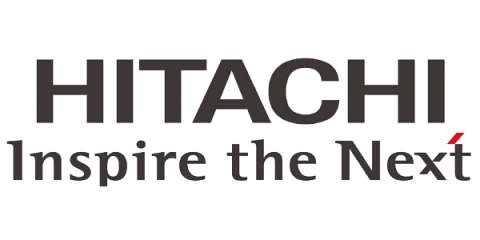Systems | Development | Analytics | API | Testing
Healthcare
The benefits of building an on-demand data lake in healthcare
This blog was written in partnership with Navdeep Alam, Senior Director, Global Data Warehouse, IQVIA Healthcare is unique. It isn’t defined like other businesses by how much revenue can be generated, but more in terms of achieving positive health outcomes, better value, and saving lives through the rapid development of new treatments and therapies.
How Yellowfin is working with Health iPASS to help medical practices survive
Why Data Chain of Custody is Essential to Reducing Product Liability Risks
When a market grows as quickly as implantable medical devices, set to top a staggering $153.8 billion by 2026, the potential risk to patients can rise as well. As implantable medical devices proliferate, so do the number of costly, life-threatening, and reputation-tarnishing recalls. A single large recall can account for millions of device units.
Understanding Healthcare's New Industry Imperative: Data Chain of Custody
One of the first recorded medical devices was the stethoscope in 1816. Fast forward more than a century to 2019, where the world witnessed the creation of an award-winning multi-sensor, implantable cardiac device able to predict potential heart failure weeks in advance. The data and analytics streamed and analyzed from new connected devices are transforming healthcare as we know it. However, a real challenge in this environment is the sheer volume and scope of data that must be managed and protected.
Accelerating Innovation in Precision Medicine by Leveraging Cloud and AI/ML
At Hitachi Vantara, our mission is to help customers extract all the value of their data through our DataOps methodology, which helps them achieve tangible outcomes that positively drive business and society forward. One field where we’re making advances – which also strikes a personal chord with me, given my background as a biomedical engineer – is in the field of cardiovascular medicine. Specifically, I’m referring to our work with the American Heart Association (AHA).
Why Yellowfin is the BI platform of choice in the healthcare industry
We’ve got a lot of customers in the healthcare space. It’s a really interesting space to be in from an analytics perspective because our customers are based across the world and have a wide variety of use cases - from financial administration all the way through to hospital performance and risk metrics.
Clearsense on keeping their big data promises in Healthcare
What the Healthcare Industry Can Teach Companies About Their Data Strategy
The information revolution - which holds the promise of a supercharged economy through the use of advanced analytics, data management technologies, the cloud, and knowledge - is affecting every industry. Digital transformation requires major IT modernization and the ability to shorten time data to insights to make the right business decisions. For companies, it means being able to efficiently process and analyze data from a variety of sources at scale.
Astrazeneca: Building the Data Platform of the Future
AstraZeneca plc is a global, science-led biopharmaceutical company that is the world’s seventh-largest pharmaceutical business, with operations in more than 100 countries. The company focuses on the discovery, development, and commercialization of prescription medicines, which are used by millions of patients worldwide.








